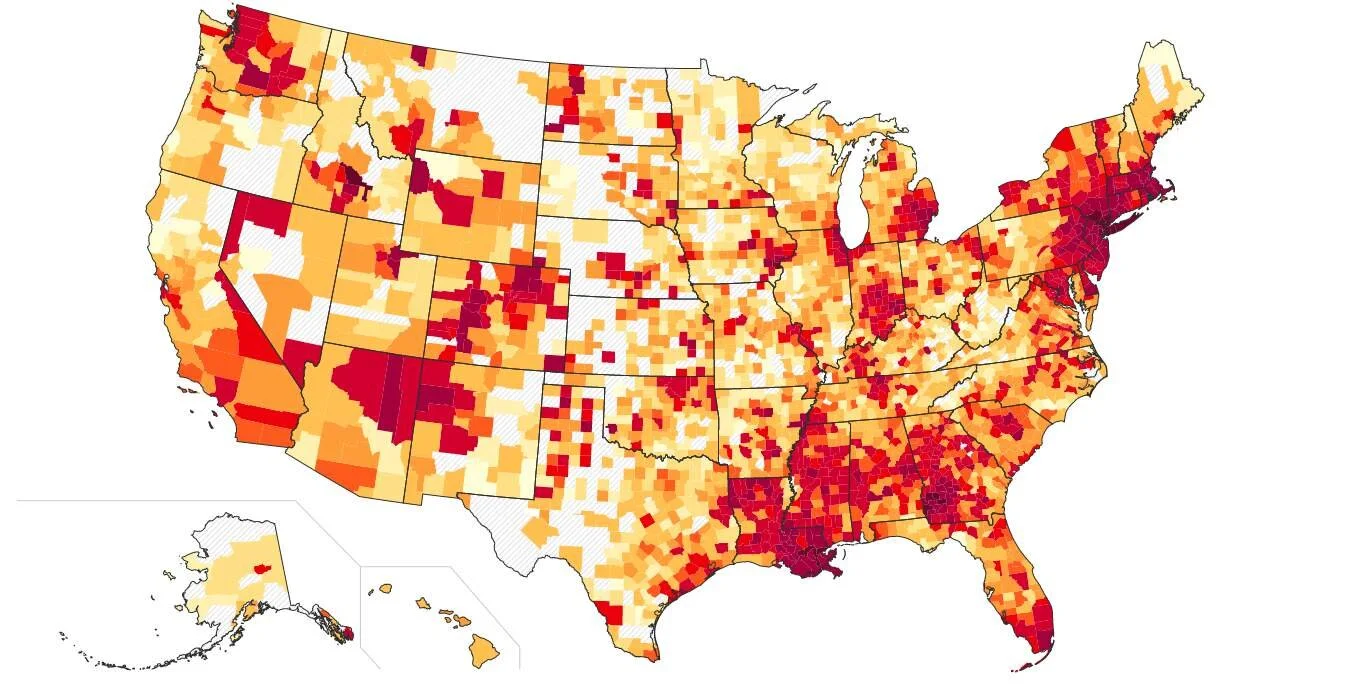2020: Dancing With Disaster
COVID19 is a public health & economic crisis that has spurred a terrible, global mental health crisis. Understandably, mental illness is on the rise. That’s why Dork Dancing started. The world needs mental health support now more than ever.
According to an article by Politico, one in four young adults, from 18-24, in the United States considered suicide in the past month (July/ August) because of the virus. Data also suggests a surge of anxiety and substance abuse, with more than 40% experiencing a mental health condition related to COVID19. There’s been an increase too in drug overdose deaths. The mental health toll is falling heaviest on young adults, caregivers, essential workers, and minorities.
Taking note from an article in The Atlantic, COVID19 is “a different dance than the dance we’ve had for other types of disasters.” After normal disasters, things like depression, anxiety, PTSD, substance abuse, child abuse, and domestic violence most always surge. But people are resilient, and with time, most bounce back, with a small percentage developing chronic conditions.
The issue here, they describe, is that even a small percentage of the country’s population of 328 million quickly becomes huge in absolute terms. A hurricane or fire typically affects a small area, or population, relative to the entire country. A global pandemic is categorically different.
The virus’s invisibility does not help, adding to peoples’ anxiety. With a fire, you see it and it disappears. With a hurricane, you see it and it disappears. With COVID19, you don’t see it & it doesn’t seem to disappear. Fires & hurricanes don’t last an entire year or longer. But pandemics do.
This adds tremendous levels of uncertainty, which is difficult for the brain. The psychological “effects of the pandemic is less like a fire survivor than a domestic-violence victim still living with her abuser, or a traumatized soldier still deployed overseas.” The danger is not over.
Misinformation and mixed messaging from governments and institutions around the world add to the anxiety & confusion. Are we safe, or not? Masks, or not? Vaccine, or not? This mishandling of the crisis adds to the pandemic’s negative psychological impact.
Luckily, in Vietnam, the handling of the pandemic has been incredibly impressive, contributing to peoples’ sense of calm & confidence in the fight. When governments put public health first, that includes mental health too.
An impressively clever & fun public service announcement, shared in early 2020 by Vietnamese government.
With extreme lockdown measures, the government has quickly & effectively fought the virus multiple times, and won. It comes, but yes, it goes. The virus is still out in the world, which makes the danger still everpresent, but for now, people within Vietnam feel safe. If the virus re-emerges, people have confidence that they are in good hands.
Although still invisible, people here can see the virus more clearly. With only 1,000 or so cases across the country, with a population of 95 or so million, contact tracing actually works. Cases are mapped out. Streets blocked. Patients isolated. Masks on, by law. The people are in this, together. There’s a sense of real shared responsibility.
It’s because of the Vietnamese government's responsible response that we at Dork Dancing have had the incredible privilege to dance together, in groups, out in public without much of any virus concern.
In the United States, things are different. This kind of activity is not as possible, or objectively safe. Although the richest & most powerful country on Earth, it appears, quite clearly worse off. Hundreds of thousands of deaths, millions of cases. And unfortunately, the end does not seem near.
Last April in the United States, texts to a federal emergency mental health line were up 1,000% from the year prior. Now it is September, and records for the virus are still being broken each week. Numbers decrease in one region and then grow in the next. Then they take turns again.
And so, the danger continues, along with its detrimental effect on mental health. According to the “chair of the American Psychiatric Association's Committee on the Psychiatric Dimensions of Disaster, the damage a disaster does to mental health ends up costing more than the damage it does to physical health.”
In this case, that certainly makes sense. Think of how many people have not contracted the virus and still have suffered tremendously because of its psychological impacts. The virus particularly challenges obsessive-compulsive disorder, agoraphobia, and germaphobia. If there’s an end to the virus physically, then more meaningful progress can be made psychologically.
Until then, it feels like there’s so little we can do, as everyday people. So little we can control. But the little things can grow into big things, together. So, we look inward and think of things that we can do for our mental health that might be helpful instead.
For us, we know times are crazy. So, we lean into that. We are turning up the music and #dorkdancing for mental health to help ourselves and others during this global mental health crisis.
Part of our efforts to combat mental health challenges, in response to lockdown in Da Nang, were picked up in local COVID19 news.
People aren’t doing well, and you might be struggling too. That’s understandable, heck relatable. But we can do something simple yet powerful, together. It might be hard to do at first, especially when things are as challenging as they are now, but that’s more (not less) reason to do it! Even if you might not feel like it.
We are here to do it with you, here to help. Once you get going, it gets easier. Hope to connect & see you #dorkdancing with us on social media (Facebook or Instagram), or in person soon.
Dork Dancing depends entirely on charitable giving. We hope you may consider supporting. We offer some fun rewards too.


